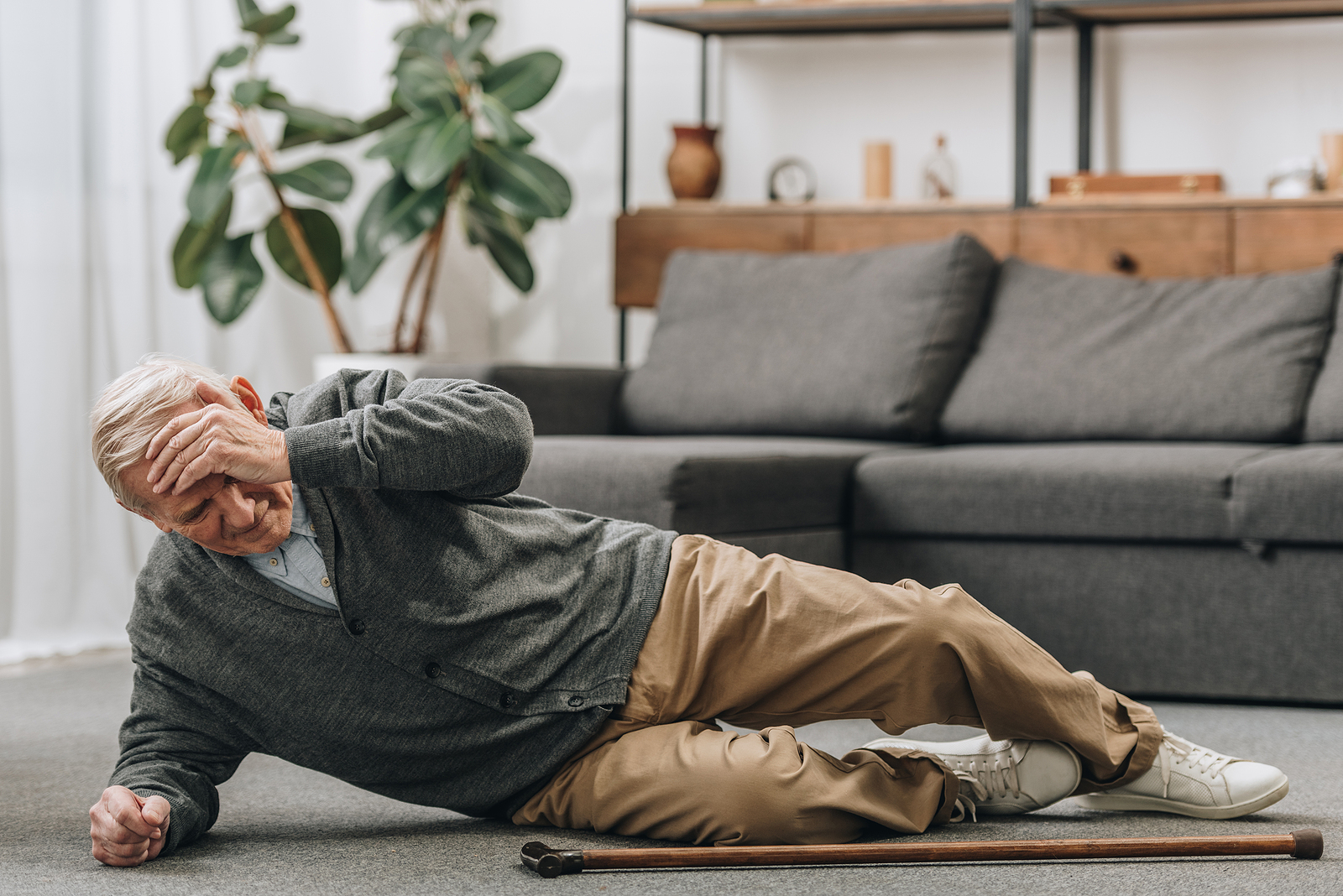Falls are something that seniors need to take seriously because they can lead to life-changing injuries and a loss of independence. There are plenty of proactive steps that seniors can take to prevent falls, however, and improve overall safety in their homes. Often it’s easier to keep seniors safe at home with the help of home care providers because they’re uniquely positioned to know what seniors need and how to help them stay as safe as possible.
Wear Solid, Non-slip Shoes
Wearing the right footwear is crucial for fall prevention. Seniors should opt for sturdy, well-fitting shoes with non-slip soles. Avoid high heels, open-back or loose-fitting shoes, and flip-flops, as they can increase the risk of trips and falls. Choosing shoes with low heels, good arch support, and non-skid soles helps seniors to have a solid foundation while they’re walking. Ensuring a proper fit is essential, as ill-fitting shoes can impair balance and stability.
Use Mobility Aids
Mobility aids can provide valuable support and stability for seniors. Using assistive devices such as canes, walkers, or grab bars can enhance balance and reduce the risk of falls. It is vital to choose the appropriate aid based on individual needs and consult with a healthcare professional for proper fitting and training on how to use them safely. Regular maintenance and adjustments should also be performed to ensure optimal functionality and safety.
Make Home Modifications
Modifying the home environment can significantly reduce fall hazards, too. Simple adjustments like installing handrails along staircases, adding grab bars in bathrooms, securing or removing loose rugs, improving lighting, and decluttering walkways can make a significant difference. Seniors should also ensure that commonly used items are within easy reach, reducing the need for stretching or balancing on unstable surfaces.
Build Strength and Balance
Regular exercise and activities that focus on strength and balance can improve stability and reduce the risk of falls for seniors. Engaging in activities such as walking, tai chi, yoga, or even water aerobics can help strengthen muscles, improve coordination, and enhance balance. Seniors should consult with healthcare professionals to develop an appropriate exercise plan tailored to their abilities and needs before starting a new plan for exercise.
Address Risk Factors
Identifying and addressing risk factors that contribute to falls is essential. Seniors should work with their doctors to manage chronic conditions, review medications for potential side effects or interactions that may affect balance or cognition, and undergo vision and hearing check-ups regularly. Maintaining overall health and addressing risk factors can significantly reduce the likelihood of falls.
Work with Home Care Providers
Elder care providers can play a vital role in fall prevention for seniors. These professionals can assist with daily activities, provide companionship, and offer support in navigating the home environment safely. They can help with mobility and transfer, provide medication reminders, and ensure the home is safe from hazards as much as possible. Collaborating with home care providers allows seniors to receive personalized assistance and care, enhancing their safety and well-being.
Preventing falls is absolutely an essential aspect of planning for the safety and independence of seniors. Family caregivers need to keep all of these tips in mind while they’re helping their aging adults to plan for future safety.
If you or an aging loved one is considering home care in Mesa, AZ, please call the caring staff at Golden Heart Senior Care of Scottsdale at (480) 284-7360. We are here to help!

